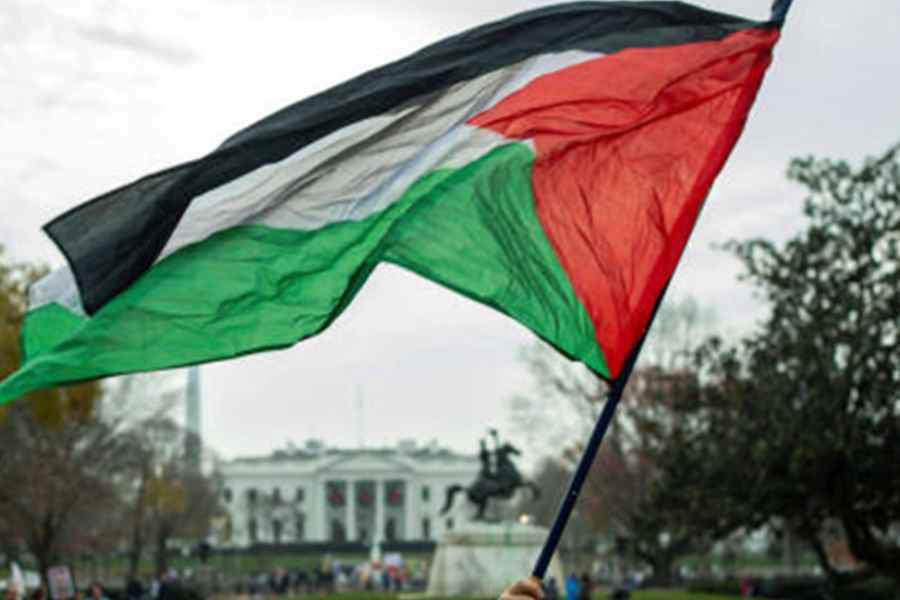The pursuit of truth is not an easy ride. After the intensification of student protests in Harvard University against Israel’s attack on Gaza, the institution has stated that it will not take any official position on public matters, unlike what it did in the case of Ukraine. This would go against its core function: the pursuit of truth in a spirit of inquiry and the exchange of divergent views. Few public matters are without contention; so institutional positions on them would hurt the university’s credibility, integrity and inclusivity while hampering the free expression of those with other opinions. By stating that the administration shall extend its pastoral arms to those suffering from a global event, the university has attempted to centralise concern. The elevated tone of this statement on the institutional voice contrasts with the sharpness of the prohibitions — laced with the threat of expulsion — laid on pro-Palestine student groups, charged with violating the university’s protest policy. In some other American universities, the police had been called in to quell student protests on the same issue; numerous students, even teachers, were arrested.
The predicament is not of these universities alone, neither is the issue the only one that exposes the contradictions inherent in the institutional ideal of truth and freedom of inquiry. The question is about the meaning of education itself. Can the inquiry of lively minds and the commitment to learning be contained within the classroom? Or should education radiate from academic disciplines into the training in values and attitudes that must find their feet in multiple upheavals beyond scheduled lessons? Inevitably, such responses would evoke opposing reactions; will universities reject the countering of opposite points of view outside structured classroom discussions and in the — often menacing — helter-skelter of events as not part of education?
Yet the dangers are obvious, as have been demonstrated repeatedly in Indian universities. From sporadic or prolonged disruption of classes to gheraos, violence and vandalism — student protests can overturn the ideal of free expression and turn it into an attack on the principles of education. Public universities in India often manifest one of the worst aspects of party rivalries, including manipulation in admissions and recruitment. This prompts many to insist that there should be a blanket ban on protest and politics on campuses. That has its own drawbacks. Certain Indian universities have experienced in recent years clamp-downs by the State even on peaceful protests or meetings. Forbidding students to protest, as some specialised institutes have done, cannot be desirable either. Young people grow by testing their mettle against the ‘Establishment’ and by exposing what they see as the administration’s hypocrisies, as when they demand in Harvard and elsewhere that the institutions do not invest in anything* that supports Israel’s attack on Gaza. The search for balance is far from over, whether in India or anywhere else. That thin red line between protecting the space for free intellectual inquiry and repressing the freedom to protest is still elusive.











